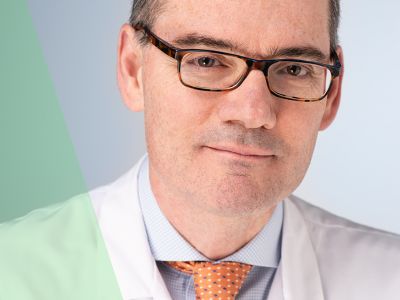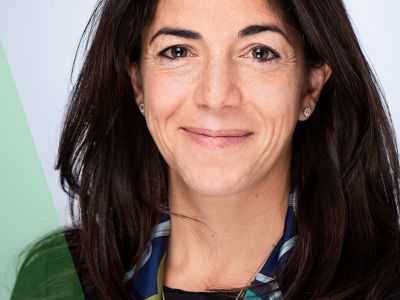
Providing one’s informed, voluntary consent is the fundamental prerequisite to be able to participate in a clinical trial. Each patient experiences this stage differently, depending on what he or she has been through, and each has their own questions, as Pierre and Robert* recount.
"I was very well taken care of, and I felt a great deal of empathy on the part of the medical teams. My questions were taken seriously," states Pierre*, one of the first patients to take part in the trial.
The trial phases, side effects, active pharmaceutical substances with impossibly difficult names to pronounce, the risk of death, and undertaking a treatment without the guarantee of success: all these aspects are set out in great detail, and openly. Perhaps too much so for one person to take in on their own. Pierre chose to attend the consultations with his son-in-law: "It’s not that I don’t understand, but I am counting on him to explain it all to the family. That would be too much for me."
For Robert*, likewise enrolled in the trial, the approach is somewhat different: "If I read all the side effects, I wouldn’t participate in the trial. So I decided to simply listen to the specialists, in whom I trust."
"If there is one thing that Ihave completely grasped, it’s that this is an innovative treatment!" exclaims Robert.
"I am aware that this is probably my last chance, and in that situation, you don’t hesitate much," he goes on. Fellow patient, Pierre, agrees: "I jumped at it, since the treatment seemed very logical: they take cells from you, then they boost them and re-inject them into you. I feel confident that, this time, it is going to work."
Both men are all too familiar with the hospital environment. The first learned that he was suffering from a malignant melanoma in 2001, the second in 2015. The illness took both men unawares, suddenly barging into their lives. "It was the summer and I was working on a hospital construction site in Bern. I wasn’t wearing my shirt, and a doctor happened to see a mole on my back and suggested that I have it checked out. The diagnostis? Stage IV malignant melanoma. It was like a slap in the face," explains Robert, a masonry contractor. Pierre, who works as a prison manager, found an abnormal lump on his body one day after work, while he was taking a shower. In both cases, the melanoma having started out as barely noticeable eventually then spread to every part of the body.
In their struggle against the illness, both men have become experts on melanoma and its treatments. Radiotherapy, chemotherapy, clinical trials... To date, no treatment has managed to put an end to their cancer. But both patients are "fighters", and according to Prof. Coukos, this character trait is also an important factor in overcoming the illness. The treatment is heavy, and the undertaking a difficult one; people have to have endurance. There is fear, but it is overshadowed by the hope for a cure.
"Of course, I am anxious about the side effects, which go from minor to extremely serious. I know, for example, that I am going to lose my hair, but I brought a baseball cap, and I just tell myself it will be all right," confides Pierre.
"I believe in the treatment, and the doctors can sense that. I am lucky to be able to participate in this trial, and I’ll just have to knuckle down," he adds.
The two patients that we are following are convinced that they have a real shot at being cured, and have unequivocally undertaken to undergo this new experimental treatment.
*Names known to editorial staff.

The capital of the canton of Vaud is an oncological research centre which is today recognised throughout Europe. Work on cellular immunotherapy is advancing rapidly and offers a glimpse of a historic breakthrough. This is the story of the team's work, through the eyes of George Coukos.

Whilst approximately 100 research protocols against cancer are currently open at CHUV, all coordinated within the Experimental Therapies Centre, Lana Kandalaft walks us through the challenges of setting up a clinical trial: the intricate path from the laboratory to the patient's bedside.